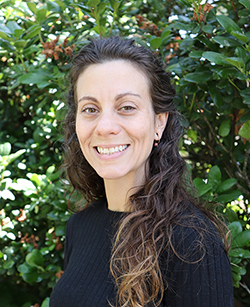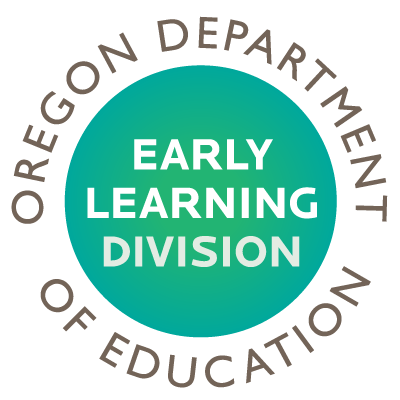News
This month, we share advice and insights from Lindsay Pearson, an Early Learning Division Preschool Program Specialist, on how parents and preschool aged children can start a successful school year.
What does learning look like in preschool?
In preschool, children learn best through play. Preschool teachers know that play dough and clay, building tall towers and pretending to be the bus driver are all activities that prepare young learners for what comes next. Play dough gets tiny fingers ready for the precise movements needed to write their names. Tall towers require problem solving, estimation, balance and shapes, which set the stage for deeper math skills later. Pretending to be the bus driver allows the child to develop self-regulation skills as they pretend amongst their friends. Exposure to learning numbers and letters is important, as is the vocabulary that children learn through read aloud at circle time. Children need the opportunities in preschool to learn directly from their teacher, but also have time to learn through play with their peers, small group activities, and exposure to new experiences they might not have at home.

We want children to work on their approaches to learning skills in preschool as well. Some of the skill building happens when sitting next to friends without touching or talking to them, listening to stories, participating in a large or small group, allowing your voice to be heard, dancing in front of a crowd, having a job or leadership role, following a routine and safety rules, using the bathroom, wiping noses, and putting on coats and shoes. These are all things we want children to master before kindergarten and preschool is a great place to start.
What are some things a parent can do to get their preschooler ready to go to school?
Talking to your child about how excited you are for preschool will get them excited, too! Preschool may not be your child’s first time in a school, center, or home-based environment, but it is often different from their experience as an infant or toddler. Talk to your child about how to get help from a teacher. Practice asking for help and identify who the people are they can go to when they need something. You can always ask your child’s teacher for a daily schedule in advance of the first day. Go through this daily routine with your child so they know what is coming next. For instance, you could say, “After lunch time, I will be back to get you.” Time is an abstract concept for 3- and 4-year-olds, so getting your preschooler used to a familiar sequence of events will help them understand the rhythm of their school day.
Preschool may also be an adjustment for parents. Is it natural to feel some anxiety or be emotional about it? What are some tips for parents?
Many parents and caregivers experience a range of emotions when taking their children to school for the first time. Maybe preschool is your child’s first full-day experience or maybe they have been in care since they were young. Either way, it’s perfectly normal to feel worried or sad. Others may feel relieved or excited at the possibility of having time to themselves again, reveling in a kid-free grocery store visit.
Some parents may even feel guilt or shame about having to take their children to daycare or preschool. What parents and caregivers should remember is that all of these emotions are normal. We all experience this transition to school differently and same is true for our children.
I always remind parents that children get sad about who/what/where they are leaving, not about where they are going. They will have a great time at school. Be strong at drop-offs and excited at pick-up times. They look to you to gauge how they should feel, and the more positive you are, the better they will be, even when you have to peel them off your body the first few days. You can always cry in the car when they have no idea. Create a good relationship with your child’s teacher. This, above all else, will help you and your child transition to preschool.
Any other things to be mindful of during this transition?
If your child has a special need or has been impacted by trauma, choose a preschool that will be supportive of them in an inclusive manner. Work with your special education provider to make the best choice. Head Start has a lot of resources. Many local early intervention and special education services are either in their own classrooms with peers or can be served in a community based preschool. Remember that you are the first teacher of your child and you each have the right to ask for what you know your children need.
Additional resources:



